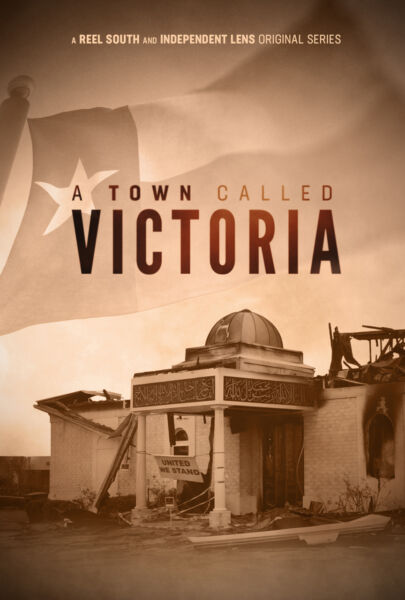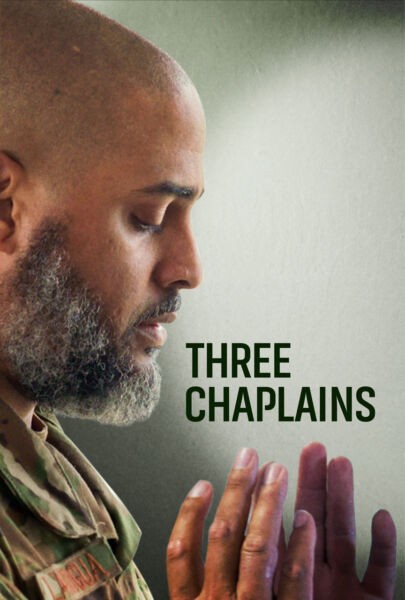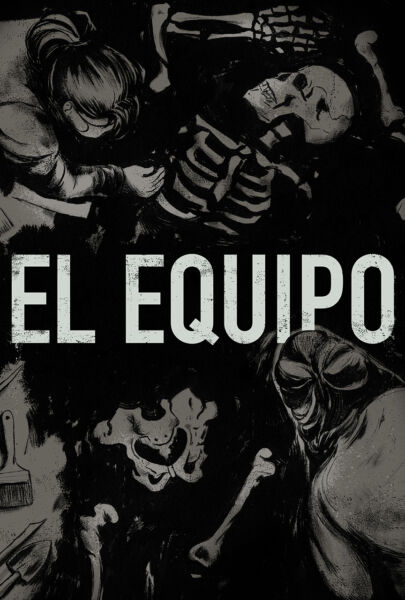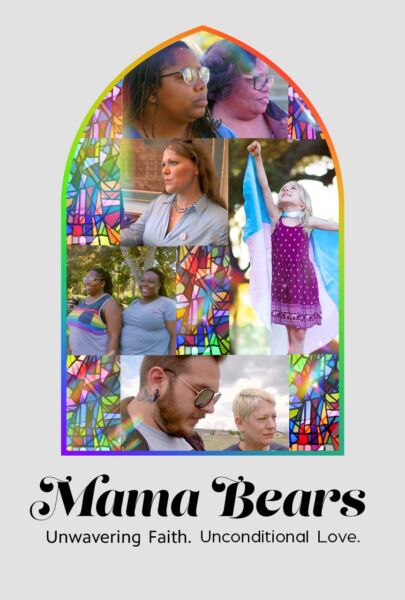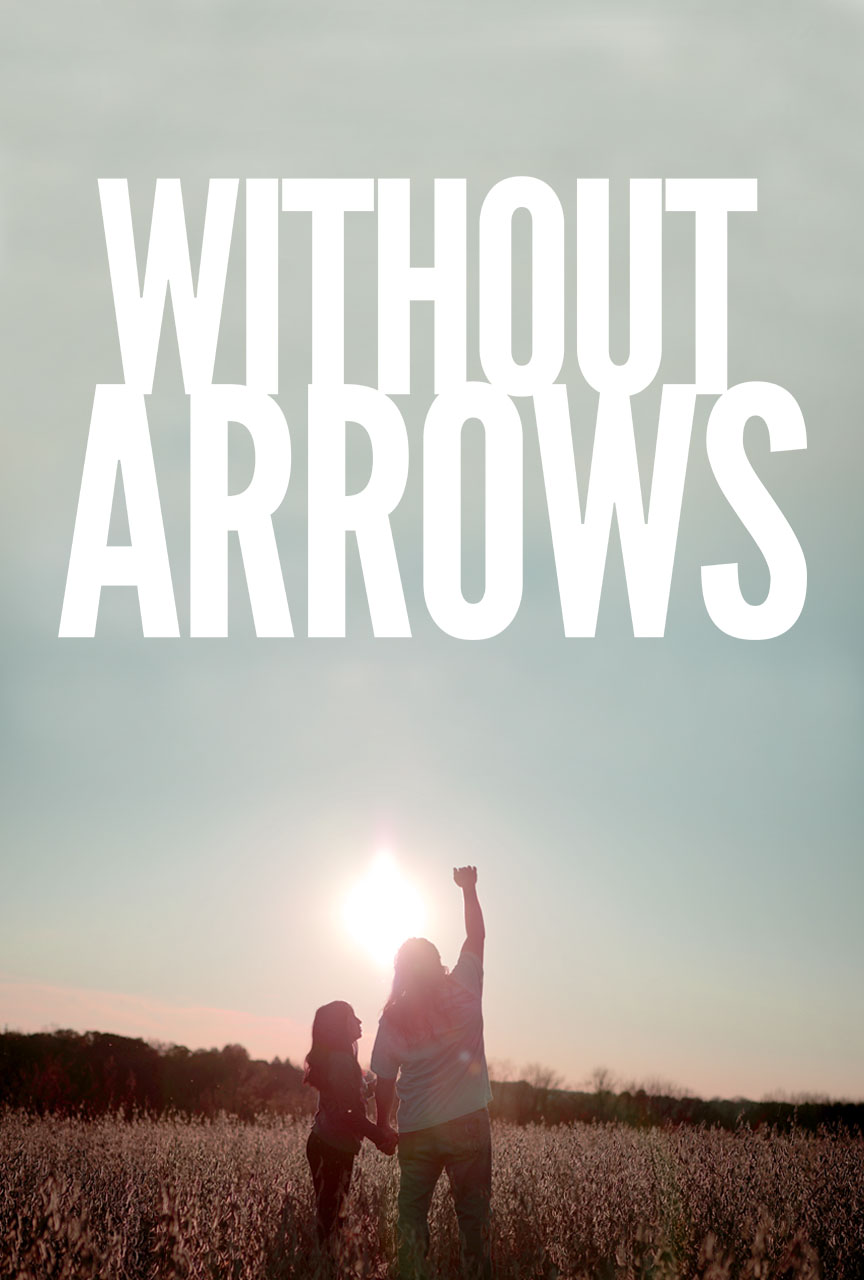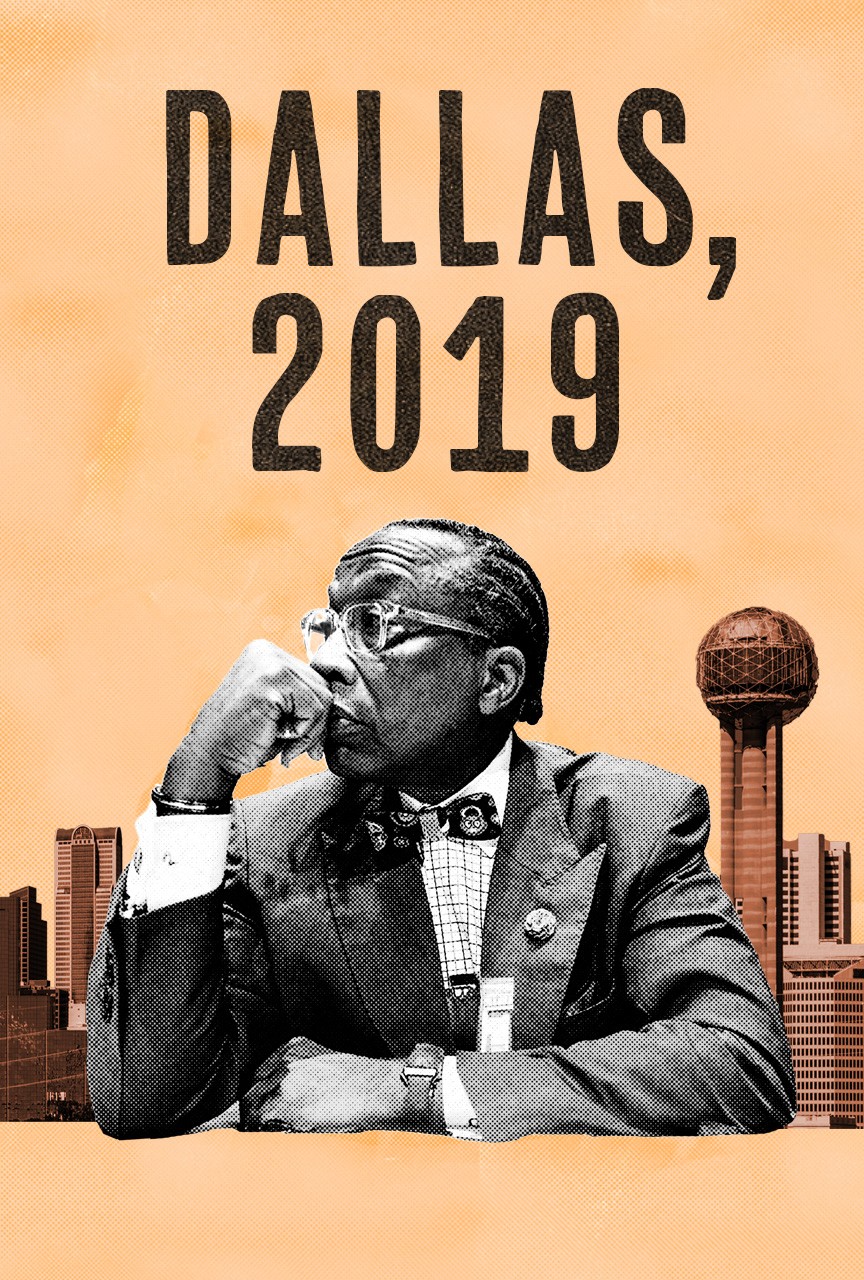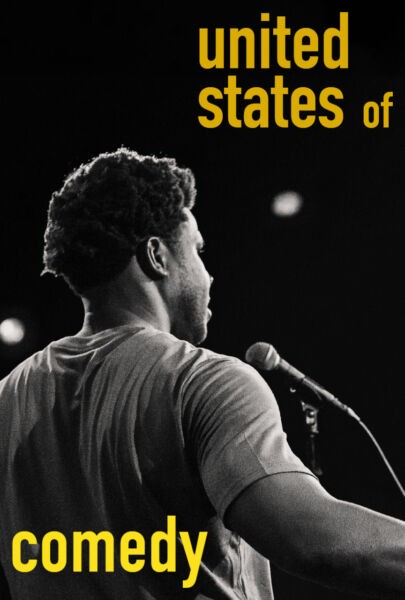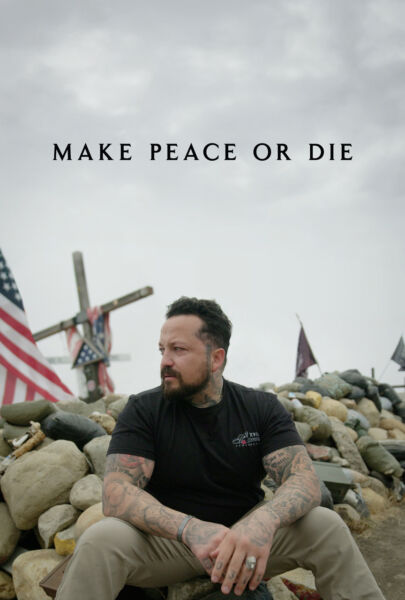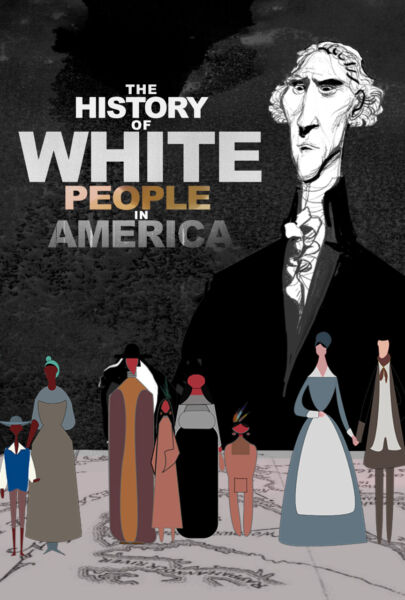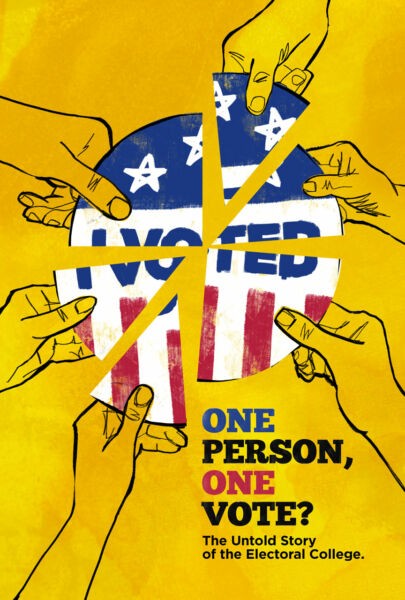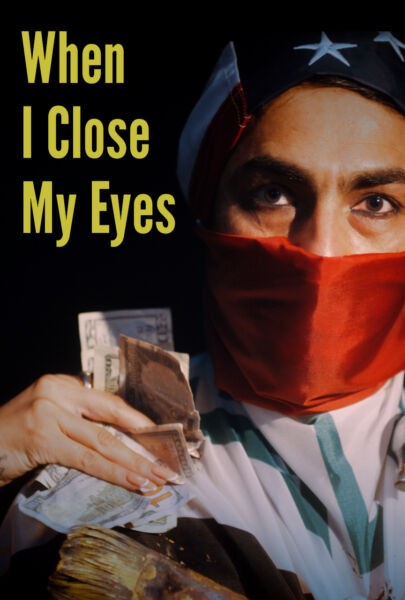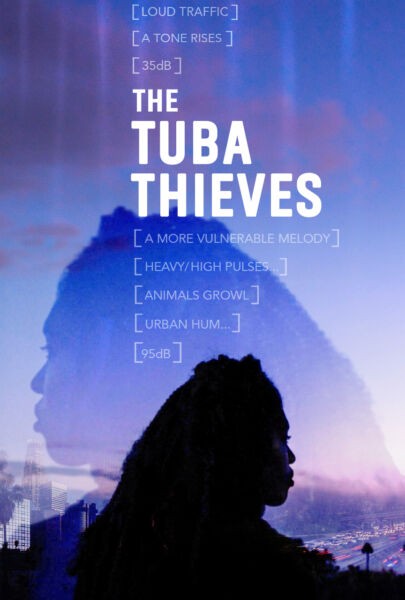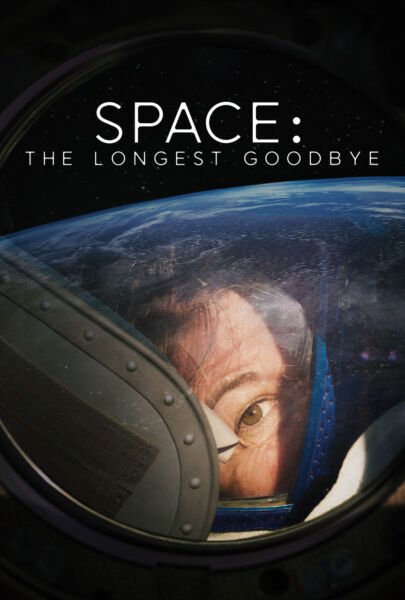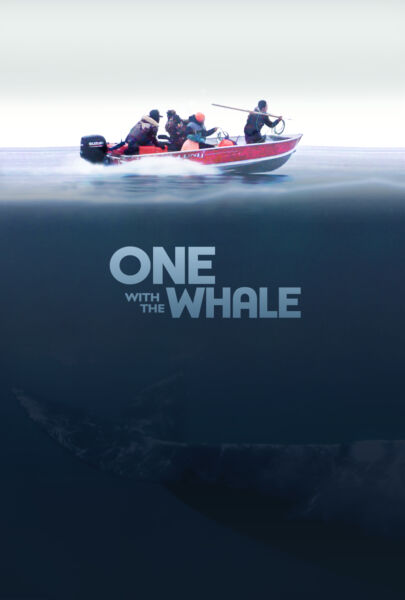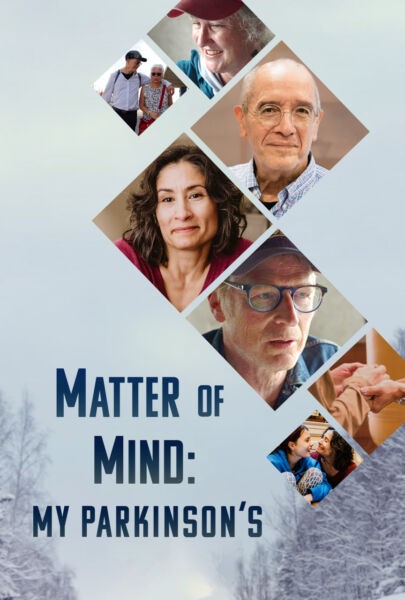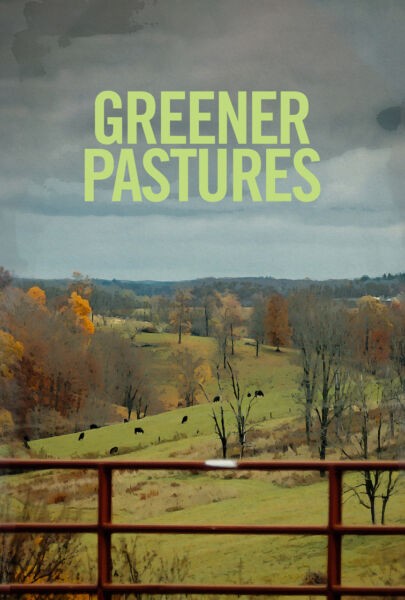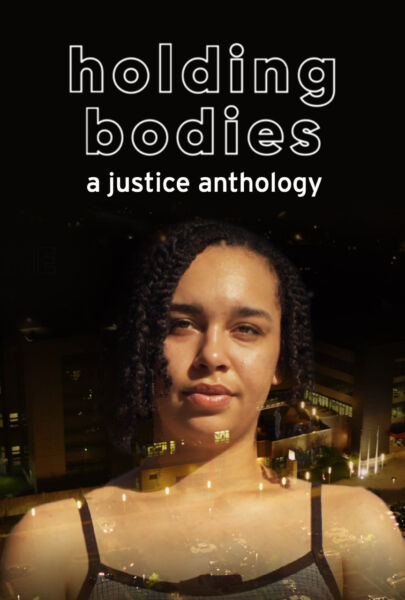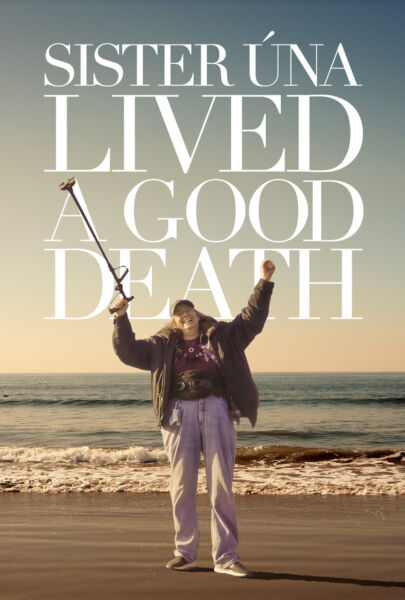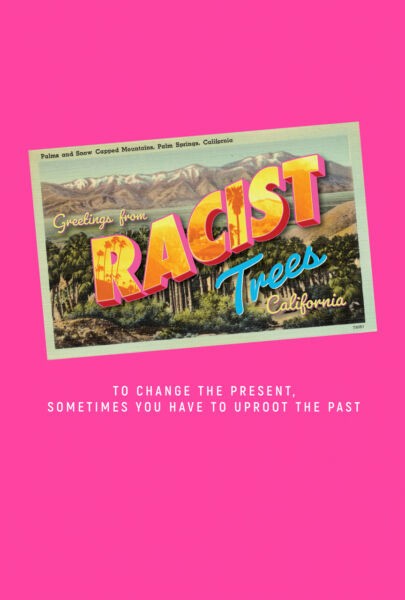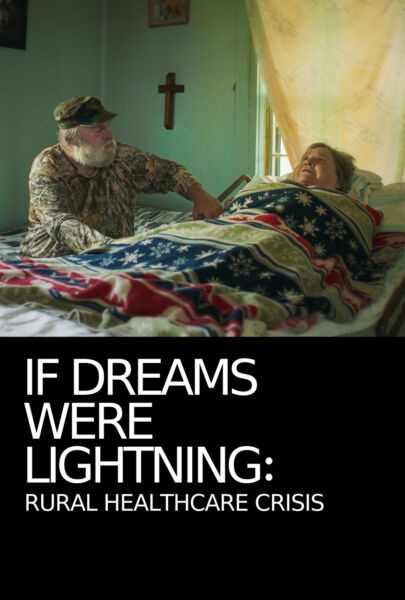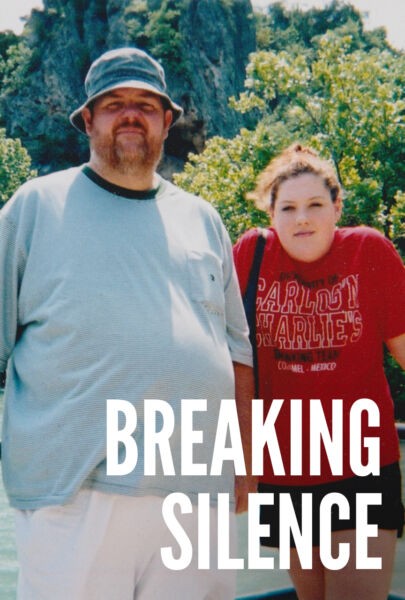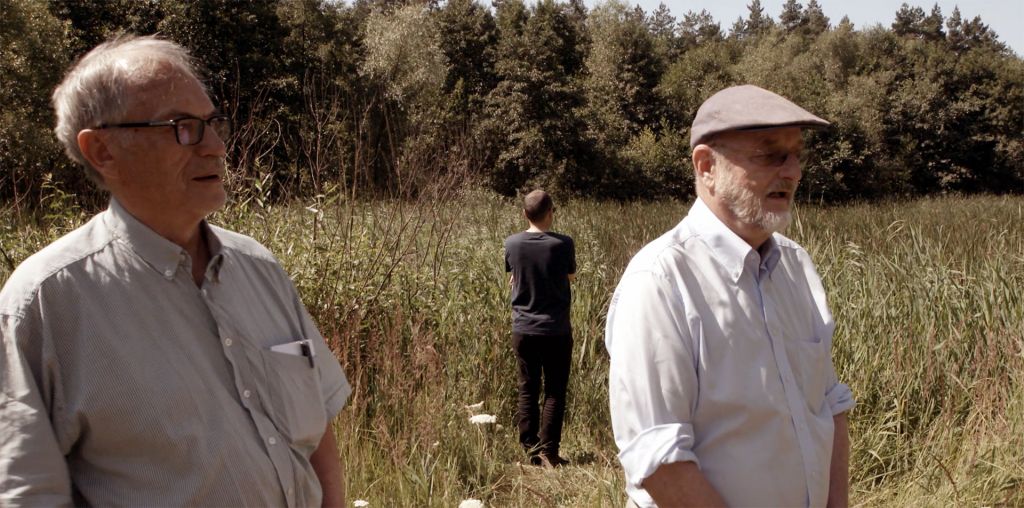
Niklas Frank and Horst von Wächter are the adult children of high-ranking Nazi officers. As we learn in My Nazi Legacy, their fathers sent tens of thousands of people to their deaths, and Niklas and Horst spent decades dealing with the legacy of that birthright, though not in the same way. While both men speak out against the Nazi atrocities, Niklas holds his father responsible for his complicity while Horst insists that the “good character” of his loving father fought against the Nazi machine, all evidence to the contrary. He’s not a Holocaust denier, mind you. He merely denies his father’s part in the Third Reich’s heinous crimes.
The intersection of the personal and political gets complicated when faced with the crimes of a loved one, a colleague, even a culture. Evidence can be overcome by emotion. How can a doting father be responsible for barbarous crimes? How can a government have lied to those who followed its every command? Is it possible for true believers to acknowledge the crimes they committed in the name of a corrupt ideal, or simply to survive a brutal culture? Here are a few documentaries and feature films that explore how some people come to terms with such actions — their own and others — while others simply cannot or do not.
The Holocaust and the Legacy of Nazism
Hotel Terminus: The Life and Times of Klaus Barbie (1988): Gestapo officer Klaus Barbie was branded the “Butcher of Lyon” for the atrocities committed under his command, yet he escaped prosecution and lived free for almost three decades in Bolivia before he was extradited to France to stand trial for war crimes. Filmmaker Marcel Ophuls’ profile of the man and his crimes reveals a culture uneasy about dredging up the past and people trying to hide their complicity in shielding one of the most notorious war criminals of the 20th Century. Their justification? He was such a warm, likable man. How could he be guilty?
The Wonderful, Horrible Life of Leni Riefenstahl (1993): Director Ray Muller’s three hour portrait of controversial filmmaker Leni Riefenstahl, the director who stage managed the Nuremberg Rally and directed the stunning propaganda piece The Triumph of the Will, grapples with the central controversy of her career: was she a “pure” filmmaker whose political naiveté was manipulated by Hitler or the key mythmaker of the Nazi propaganda machine? She maintains her innocence in the face of evidence to the contrary but Muller can’t bring himself to condemn her. He’s just a little too awed by her.
Blind Spot: Hitler’s Secretary (2002): Traudl Junge stands in sharp contrast to Riefenstahl. As a young German woman who served as one of Adolf Hitler’s private secretaries, who was enamored of her Fuhrer and blindly believed the propaganda. In 2001 she broke her 50 plus year silence with an interview stripped bare of excuses and justification. The discomforting nostalgia for Hitler’s paternal warmth meets the acknowledgment of her personal responsibility in a bracing portrait of a woman who takes responsibility for her inaction and is still trying to forgive herself for her passive complicity.
Carrying the Guilt of Family
Sins of My Father (2009): How does the son of Pablo Escobar, the notorious Colombian cartel kingpin responsible for countless deaths, confront the family legacy? Only 16 when Escobar was killed in 1993, Juan Pablo changed his name (to Sebastián Marroquín) and fled the country with his mother. In this documentary by Nicolas Entel, Sebastián née Juan speaks frankly of his father (“When I was seven I lived the life of a criminal”), denounces his crimes, and reaches out to the sons of Escobar’s victims as a gesture of reconciliation. It’s not a matter of personal guilt but of his responsibility to puncture the romantic myth of his outlaw father and begin the process of reconciliation.
Ida (2013): Anna, an 18-year-old orphan and novitiate nun on the eve of taking her vows in 1962 Poland, discovers that she is the daughter of Polish Jews killed in the war. Wanda, once a fearsome prosecutor for the Soviet post-war government who has slid into alcoholism and guilt over her culpability in the repression of her own people, is Anna’s only living relative and sole connection to her past. This drama — the first Polish film to win the Academy Award for Best Foreign Language Film — takes us on a road trip back in time to confront national wounds, individual responsibility, and personal history.
Phoenix (2015): After the fall of Germany, a survivor of the horrors of Auschwitz (the haunting Nina Hoss) returns to Berlin, with a new face (thanks to reconstructive surgery), to search for her husband. He may have betrayed her to the Nazis but she’s too much in love to condemn him. Based on a 1961 novel, the melodramatic plot of this provocative story defies logic yet the raw emotions at work in Christian Petzold’s film are far more powerful — and revealing — than reason. Hoss creates an emotional storm of conflicting forces behind those vulnerable eyes yet finds the strength to rise from the ashes.
The Legacy of State Crimes
The Official Story (1985) / The Secret in Their Eyes (2009): Thousands of Argentine citizens were imprisoned and murdered during the “dirty war” launched by the military junta that took power in Argentina and banned all opposition. Two films in particular brought the story to the rest of the world. The Official Story, one of the first to confront the state crimes after the fall of the junta, is a drama of a ruling class woman’s awakening to her government’s lies when she discovers that her adoptive child was taken from a “disappeared” couple. The Secret in Their Eyes uses a murder mystery as a vehicle to reveal a government that turns a blind eye to murder by thugs it finds useful and citizens driven to take justice into their own hands. There’s no forgiveness or reconciliation here. The wounds are still raw. Both films won Academy Awards for Best Foreign Language Film.
The Lives of Others (2006): Is there anything more dangerous than a true believer who approaches his mission with unshakable certainty and unwavering dogma? In this Oscar-winning feature, a staunchly patriotic Stasi agent in 1984 East Germany relentlessly pursues the “enemies of socialism,” but his ideology and faith is shaken after seeing the world through the eyes of his target and watching the arrogant abuse of power wielded by his superiors. This scathing political exposé is both a portrait of the surveillance state at its most oppressive and a redemptive story of one man attempting to take responsibility for the lives he destroyed.
The Look of Silence (2014): Joshua Oppenheimer spent over a decade exploring and exposing a genocide rarely acknowledged in the West: the mass killings of over 500,000 people by government-sanctioned death squads in Indonesia in the 1960s. The Act of Killing lets the militia leaders speak for themselves as they not only justify but glorify their acts, while The Look of Silence follows the brother of a murdered man, an optometrist with a travelling practice, as he confronts members of the death squads while giving them free eye care. The ensuing portraits of personal self-deception and cultural denial are chilling and eye-opening. Over 40 years later, the government still treats the death squads as national heroes. Both documentaries earned Oscar nominations.
Truth and Reconciliation
The Railway Man (2013): Scottish World War II veteran Eric Lomax was a POW who was systematically tortured by his Japanese captors in Burma. Colin Firth plays Lomax in the film based on his memoir, a broken man tormented by nightmares and flashbacks, who thirty years later returns for vengeance and retribution. What seems to be a revenge movie, however, turns into a true-life drama of anger, denial, acceptance, and ultimately forgiveness in the face of truth and honesty. This is a story of healing.


